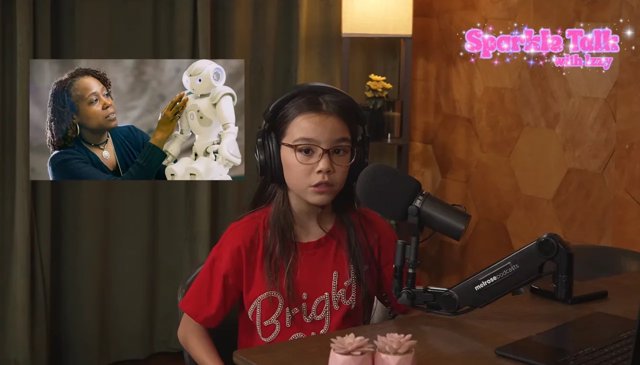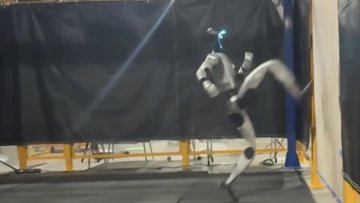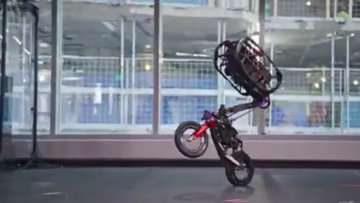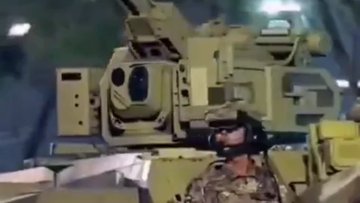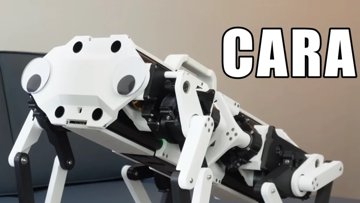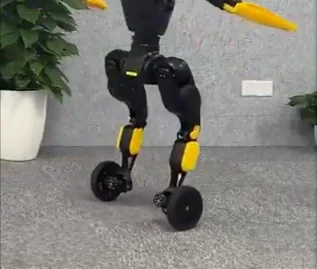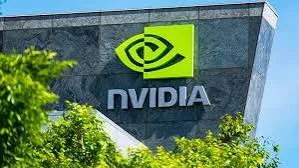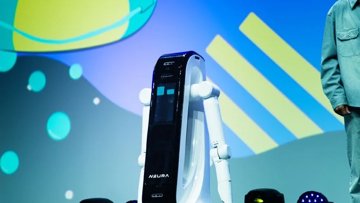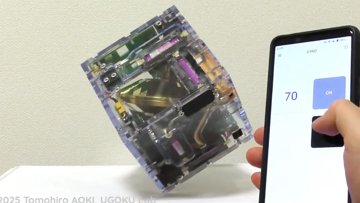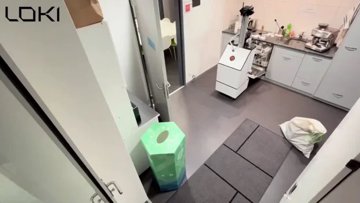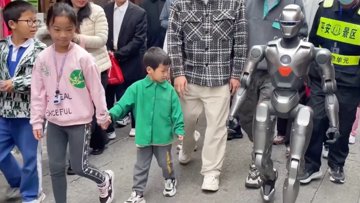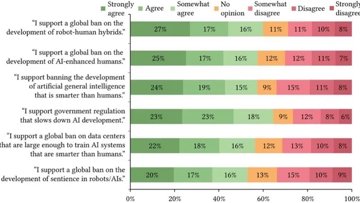In a corner of the internet not powered by rage-clicks and ephemeral dance challenges, a young creator named Izzy is delivering a surprisingly astute breakdown of the modern robotics landscape. Her show, “Sparkle Talk,” recently tackled the world of automation, and frankly, the summary is clearer than a freshly polished window, certainly clearer than what you’d get in some corporate boardrooms. The video effortlessly pirouettes from discussing the Intuitive Surgical da Vinci system, which gives surgeons “superhero steady hands” – the kind that could thread a needle on a moving train – to hospital logistics robots like Diligent Robotics’ Moxi, which saves nurses a good few miles of legwork per shift.
The overview doesn’t just stick to the standard industrial or medical gadgetry. Izzy dives into the gentler side of robotics with PARO, the therapeutic robot seal developed in Japan to comfort patients with dementia, and then gracefully shifts gears to environmental applications with RangerBot, a clever vision-based underwater drone from Queensland University of Technology that tirelessly protects coral reefs. The segment even throws a respectful nod to prominent roboticists like Dr. Ayanna Howard, a former NASA innovator who now develops therapy robots for children. It’s a remarkably broad and optimistic survey of the field, presented with more sparkle than a disco ball at a tech conference.

Why Is This Important?
While the presentation is undoubtedly aimed squarely at the “Sparkle Squad,” the existence of this content is rather significant. It represents a fundamental shift in STEM education, where complex, multidisciplinary topics like robotics and AI ethics are being distilled and dished out by a new breed of young, digitally native creators. This isn’t a stuffy textbook lecture; it’s genuine peer-to-peer patter that could inspire the next generation of engineers and, perhaps even more vitally, the ethicists who’ll keep them on the straight and narrow. By framing advanced automation in terms of helping people and the planet, it skips past the usual dystopian doom-and-gloom tropes and builds a foundational understanding of robotics as a collaborative co-worker, not a replacement for us mere mortals.
